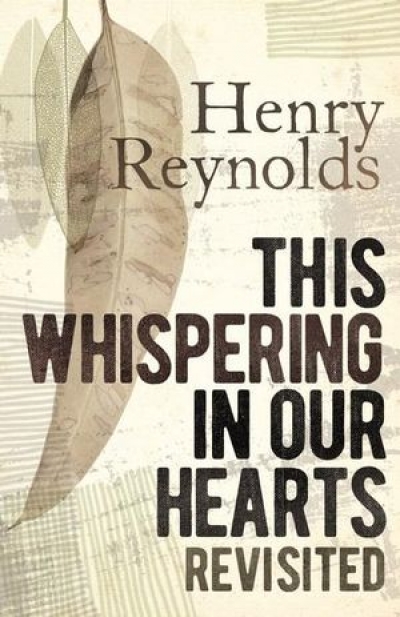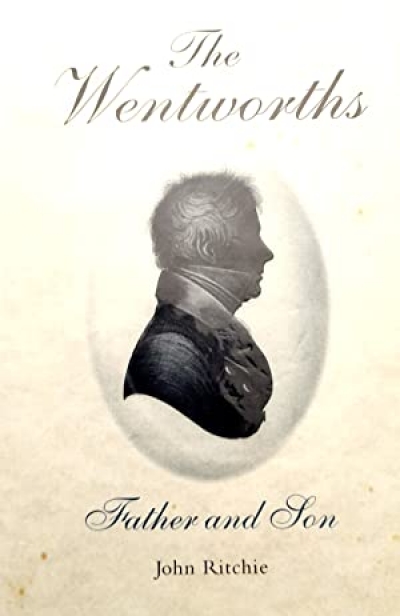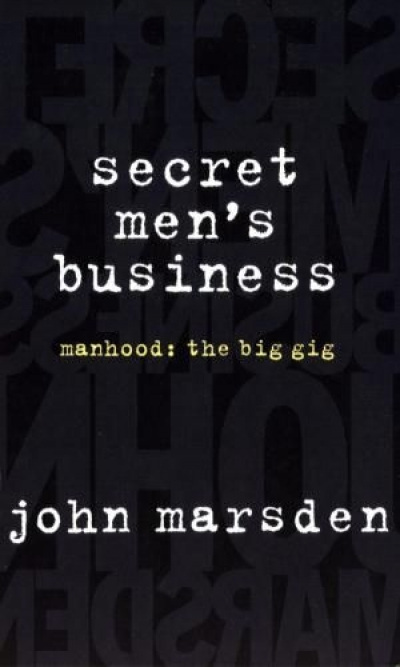Archive
The Reds: The Communist Party of Australia from origins to illegality by Stuart Macintyre
by Ross Fitzgerald •
South of My Days: A Biography of Judith Wright by Veronica Brady
by Andrew Riemer •
From John Tranter
Dear Editor,
You may not be aware of it – indeed, the readers of ABR have hardly ever been made aware of it, for some reason – but over the last twenty years John Tranter has published the following books:
... (read more)








